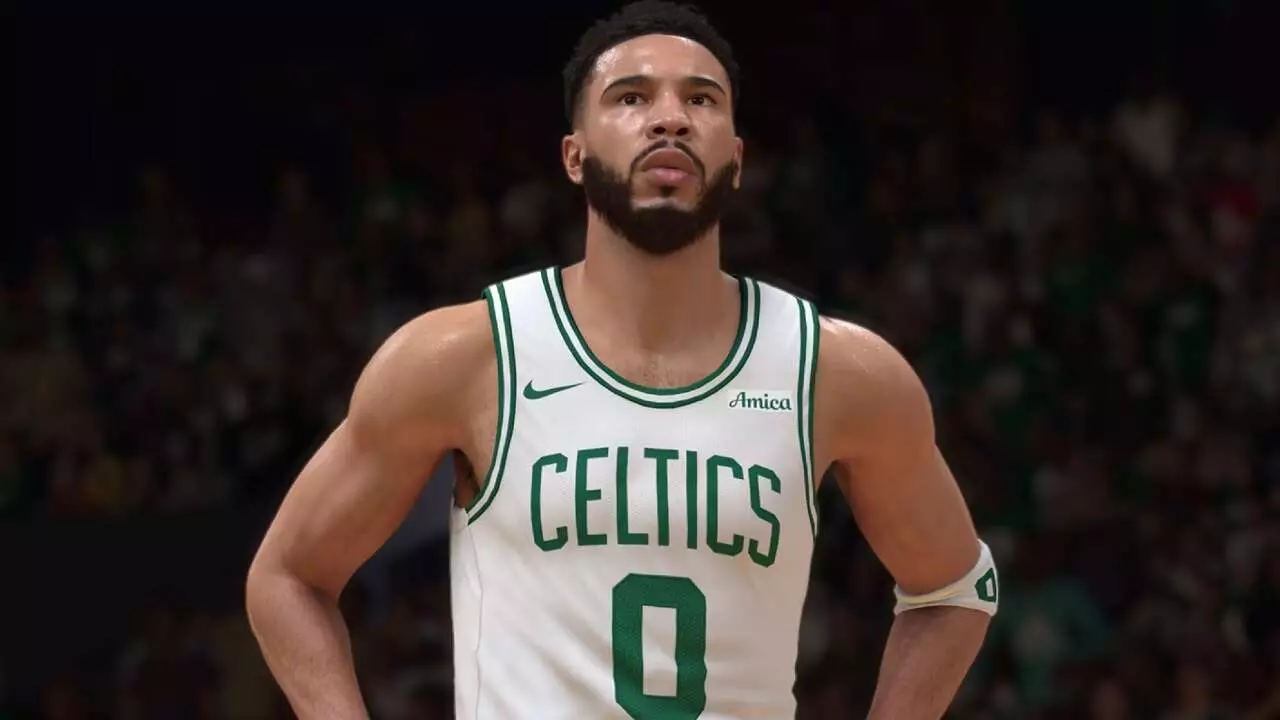The landscape of video gaming continues to evolve, necessitating developers to innovate and cater to players’ diverse interests. A notable example of this trend is the introduction of Gravity Ball in NBA 2K25, an unexpected fusion of basketball, gladiatorial competition, and paintball. This new feature exemplifies the willingness of developers, such as Visual Concepts, to push boundaries and explore uncharted territories within major franchises.
Gravity Ball, which debuted as an $8 add-on to NBA 2K25, seeks to reimagine traditional basketball gameplay by infusing elements of futuristic sports. By merging the high-energy action of American Gladiators with the precision and fluidity of paintball mechanics, the game offers a unique competitive experience. This sandbox-style approach not only enhances engagement but also reflects changing player preferences for dynamic, varied gameplay experiences. According to Strauss Zelnick, CEO of Take-Two Interactive, this innovative step is both a creative endeavor and a strategic business model.
During a recent earnings call, Zelnick indicated positive consumer reception toward Gravity Ball, suggesting that players appreciate the fresh approach. However, he advised caution in declaring this shift a definitive trend in gaming. This uncertainty highlights the importance of player feedback and market analysis when introducing new game modes, as the industry must strike a balance between experimentation and audience retention. While it remains premature to fully endorse the integration of paid minigames into larger titles, Gravity Ball serves as a testament to the adaptability and creative risk-taking of developers today.
The gaming sphere has seen significant shifts with franchises like Fortnite creating expansive platforms that host an array of games and experiences. Zelnick acknowledged Fortnite’s success while emphasizing that Take-Two’s approach may differ. The company does not aim to simply replicate Fortnite’s model, illustrating the need for tailored strategies that align with each franchise’s identity. By cultivating unique gameplay experiences, companies can foster brand loyalty and differentiate their offerings in an increasingly crowded marketplace.
As NBA 2K25 continues to develop its player offerings, Zelnick’s perspective on the consequences of solely focusing on sequels reveals thoughtful foresight. The gaming industry thrives on innovation, and the risks associated with new features, like Gravity Ball, underscore the necessity for creativity in maintaining relevance. The ability of a franchise to reinvent itself while paying homage to its roots may prove essential for longevity.
The introduction of Gravity Ball in NBA 2K25 encapsulates a pivotal moment in the gaming industry, showcasing how developers are starting to embrace innovate approaches. While it is too soon to claim that this trend will become a staple in game development, the willingness to experiment reflects a growing understanding of consumer desires and market dynamics. As players continue to seek diverse experiences, the gaming sector must remain agile and open to change, signaling a promising future for the intersection of creativity and technology in gaming.


Leave a Reply